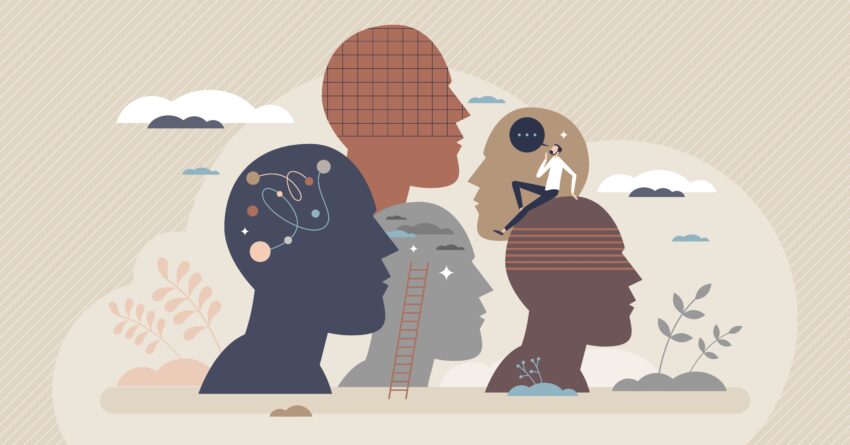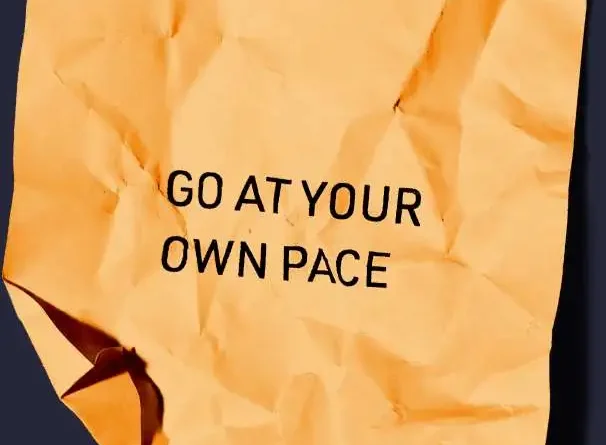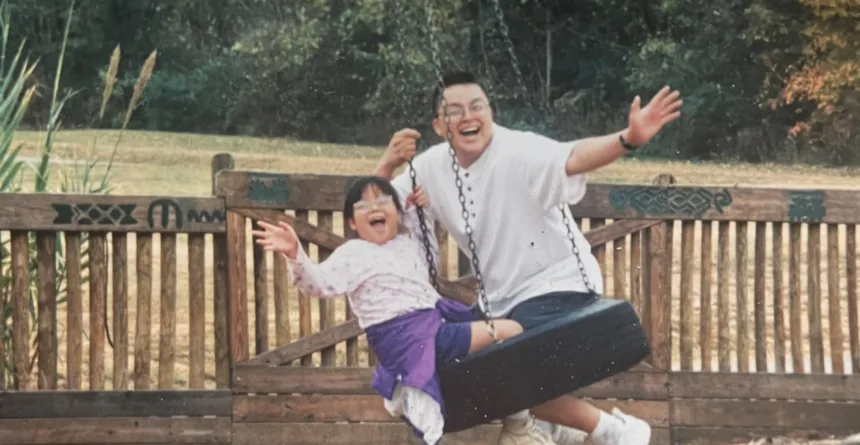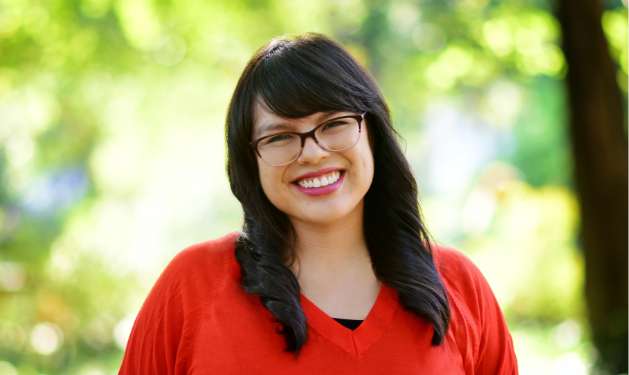(Re)Learning How to Grieve Death Loss by a Grieving Therapist
July 31, 2023

Most folks look forward to the summer months. What’s not to love about barbeques, days at the beach, more free time, and a welcome break from life’s stressors? While I love all of these things, summer usually starts off with me attending an Adult Grief Retreat in June. I attend both as a participant and group facilitator. This year, my heart was extra heavy after experiencing the death of my beloved cat, Hazel.
As I type out that paragraph, it feels vulnerable to share this information since therapists are taught to not disclose about their personal lives. As a therapist who works with grieving adults (and children for a week in the summer), it feels inauthentic to keep my story to myself. If there’s anything from my years of learning about grief personally and professionally, it’s that one of the most comforting things to say in grief is “me too”.
Lession #1: Grief hurts – Find comfort in sharing
Grief is one of the most painful experiences we go through as humans. It hurts because a person or being is just gone. They were once full of life and now are dead. It hurts because we may have regrets about what we did or didn’t say and what we did or didn’t do. It hurts because the family system loses an integral part of its functioning. Now the system has to learn how to function without it. It hurts because our society is so terrible about handling grief, and you only get 5 bereavement days if you’re lucky.
Grief is isolating. At Experience Camps, where I work with grieving children, the campers often speak about “being the weird kid whose dad died” or how “my friends don’t know what to say”. My adult clients, peers, and myself also grapple with these feelings and frustrations.
The healing part of the campers being in community with each other, or the space for adults to share their grief, or the therapy office is the act of someone (or multiple people) bearing witness to the pain. When tears are shed, hands are placed on their shoulders, heads nod in felt acknowledgement, and people are thanked for sharing. No one says “aren’t you over it?” or “stop crying” or “hey, at least…”
Finding your grief community can be one of the most powerful experiences in working through your grief. You deserve to be held and acknowledged in your grief, for your pain to be seen and heard.
Lesson #2: You will miss them – Create a space where you can find them
It’s natural to miss the person or being who died, no matter the time that’s passed. As you grow further in your grief journey, you may find new and different external factors elicit the “missing you” feeling. In all the grief spaces I’m in, we name important dates that can hurt (death days, brithdays, fathers/mother’s day) as well as important life transitions we wish our people could be apart of (graduations, sports tournaments, weddings).
An important coping skill for grief is continuing to maintain the attachment with the person to keep them close when life continues to go on without them. I’ve had the privilege of hearing so many different ways people maintain closeness including:
- Leaving a seat open for their mom at their wedding
- Eating their dad’s favorite food on Father’s day
- Listening to their brother’s favorite band on his birthday
- Creating a photo altar in their home
How you connect with your person or being can be as unique as your relationship. There is no right or wrong way to grieve.
Lession #3: There will be joy again – You are allowed to enjoy it
The first time you experience joy, happiness, or excitement after death you may feel surprised or guilty thinking “I shouldn’t be feeling this way”. You are allowed to feel any, but especially these more lighthearted emotions when you’re grieving. An important grief lesson is that your life doesn’t stop just because theirs did. You will experience exciting job promotions, get engaged, move to a new city, or welcome a child.
It is ok for you to feel these feelings. Grievers get quite accustomed to the bittersweet feeling of duality – the “both/and” we use therapy to help us grapple with. Your grief communities can also help celebrate these feelings, and hold space for the pain. When you feel connected to your loved one, they can also be a part of the joy.
If you or someone you know is grieving, get connected to a therapist who understands at Steady NYC.
Other grief resources:
The Dinner Party – country wide, online or in person, groups for 20-45 year olds who are grieving (partners, parents, siblings, other important connections)
Experience Camps for Grieving Children – Know a child who is grieving? Send them to camp! Adults can volunteer
Adult Grief Retreat via Experience Camps
Modern Loss – Website and Book
What’s Your Grief – Comprehensive grief resource website for any type of loss



